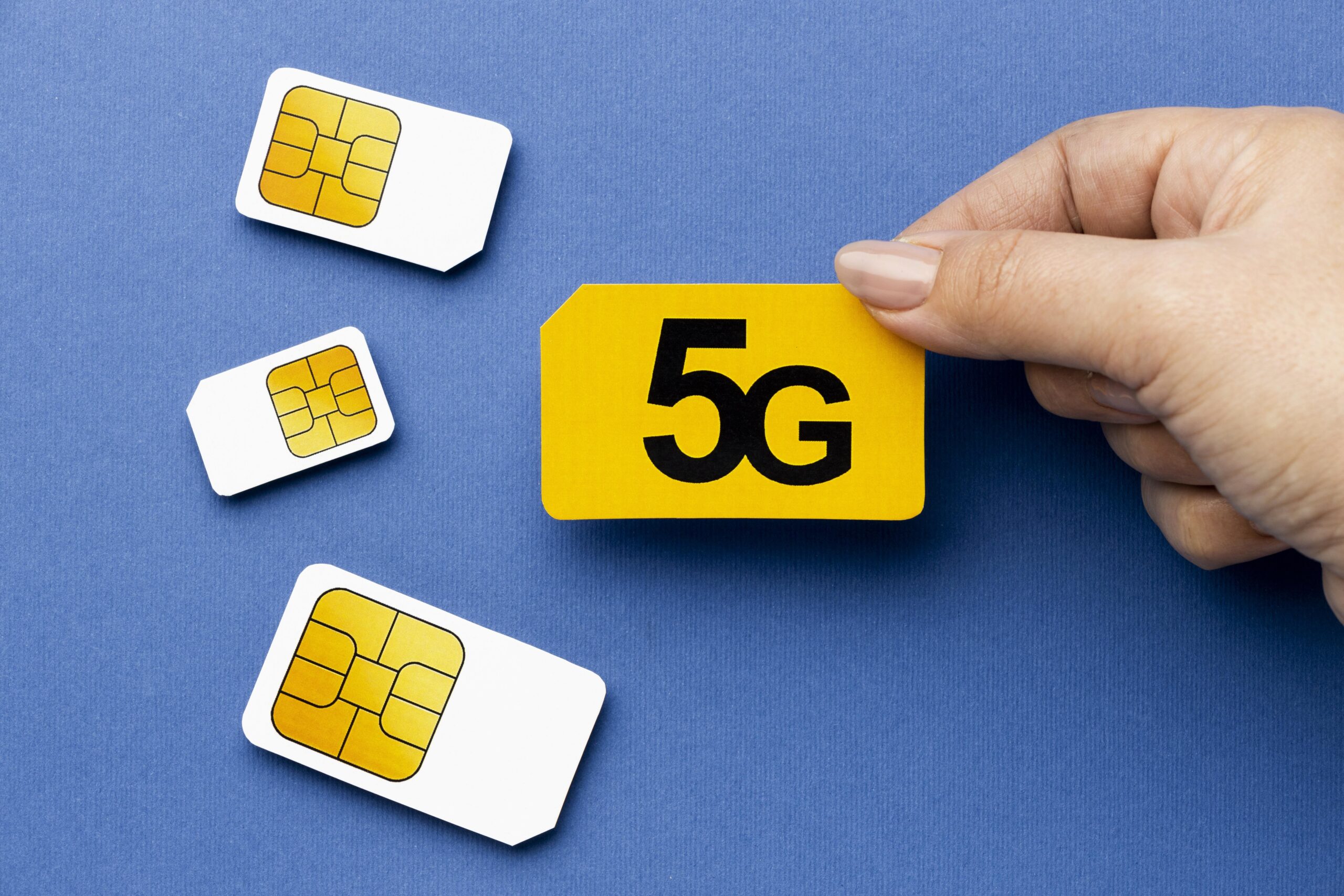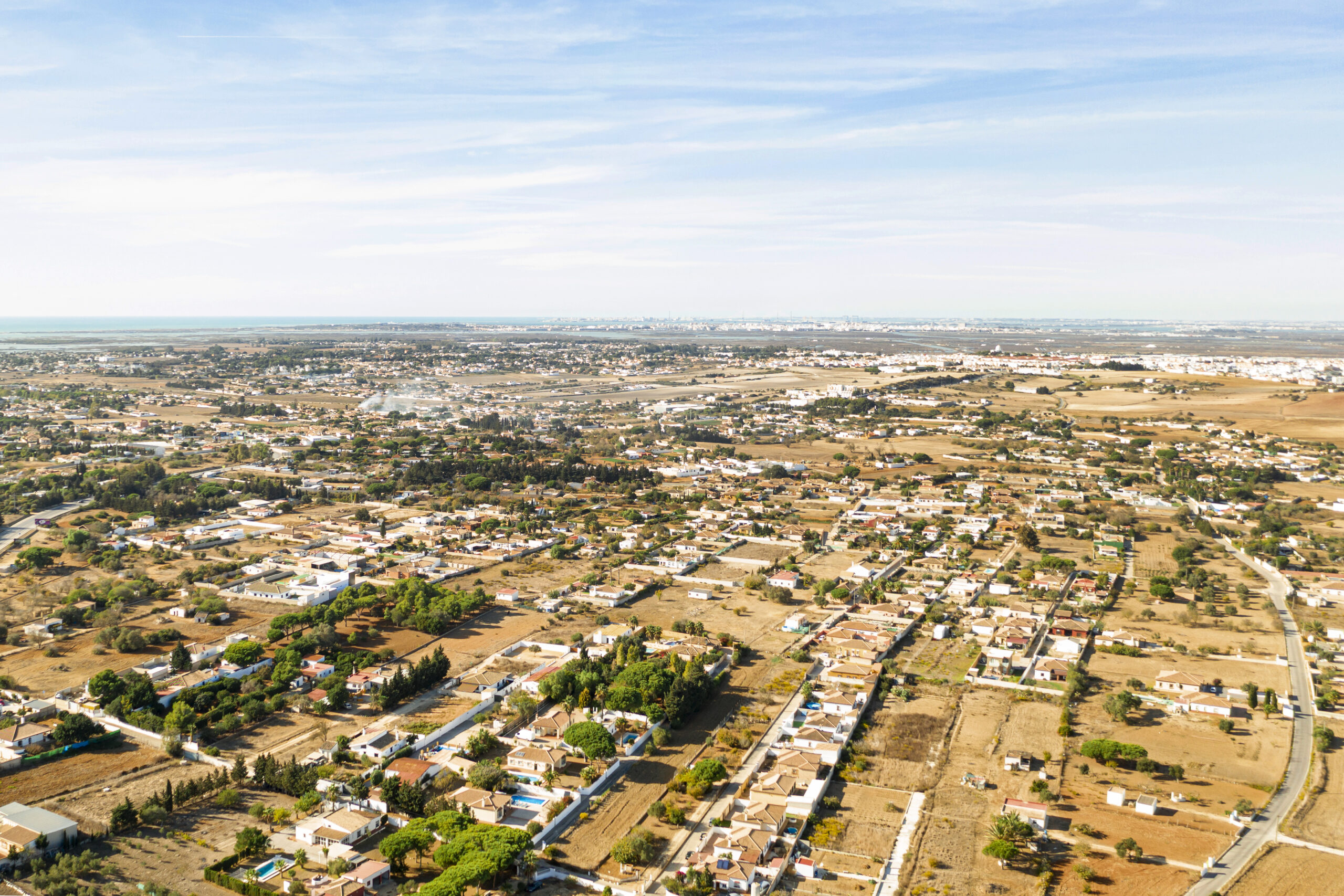Ever hit snooze one too many times, wrapped yourself in a blanket burrito, and decided the outside world can wait? Congratulations—you’ve probably “hurkle-durkl-ed” without even knowing it. This quirky term has taken over TikTok and Instagram, celebrating the joy of doing absolutely nothing. But what does it mean, where did it come from, and why are memes about it so relatable? Let’s dive into the gloriously lazy world of hurkle-durkling.
What Is Hurkle-Durkling?
“Hurkle-durkle” (or “hurkle-durkling”) is slang for lounging in bed or relaxing when you should be doing something productive. Think: ignoring your to-do list to binge Netflix, scrolling TikTok under a pile of blankets, or canceling plans to nap. It’s not just laziness—it’s a rebellious act of self-care, a middle finger to hustle culture.
The term has two common spellings: “hurkle-durkle” (noun) and “hurkle-durkling” (verb). Example in a sentence: “I hurkle-durkled all morning instead of folding laundry.”
A Scottish Secret from the 1800s
Surprise! This “new” trend is actually ~200 years old. The phrase traces back to the Scots term “hurklin-durklin,” first recorded in The Dictionary of the Scots Language in 1818. Back then, it described lounging around or being idle—like a 19th-century version of “Netflix and chill.”
The phrase faded until 2023 when TikTok creators rediscovered it. Users latched onto its old-timey charm, pairing it with cozy visuals of fuzzy socks, coffee mugs, and “me time.” Suddenly, hurkle-durkling became a badge of honor for burnt-out millennials and Gen Zers.
Why It’s Everywhere Now
Post-pandemic, the world’s obsession with productivity is crumbling. People are embracing rest as resistance, and hurkle-durkling fits perfectly. It’s a playful way to say, “I’m prioritizing my peace today.” TikTok’s #hurkle-durkle hashtag has millions of views, with creators sharing tips for guilt-free lounging or joking about their “rot in bed” days.
Hurkle-Durkle Memes: When Laziness Becomes a Mood
If the internet loves one thing, it’s turning relatable struggles into memes. Hurkle-durkling is no exception. Here’s how the trend went viral—with a little help from humor.
Meme 1: The “Distracted Boyfriend” Gets Cozy
The Setup: The classic meme where a man checks out another woman while his girlfriend looks annoyed.
The Hurkle-Durkle Twist: The boyfriend is labeled “My Responsibilities,” the other woman is “Me Hurkle-Durkling All Day,” and the annoyed girlfriend is “My Guilt.”
Why It Works: It perfectly captures the tug-of-war between adulting and the urge to do nothing.
Meme 2: “This Is Fine” Dog, But Make It Comfy
The Setup: The meme of a dog sipping coffee in a burning room, saying, “This is fine.”
The Hurkle-Durkle Twist: The room isn’t on fire—it’s just messy. The dog wears pajamas and says, “I know I have deadlines, but hurkle-durkling is life.”
Why It Works: It’s the ultimate “I’ll deal with it later” vibe. We’ve all been that dog.
Meme 3: Drake Says “No” to Productivity
The Setup: Drake rejects something in his “Hotline Bling” music video.
The Hurkle-Durkle Twist: Drake dismisses “Waking Up Early” (👎) and approves “Hurkle-Durkling Till Noon” (👍).
Why It Works: It’s a simple, shareable nod to choosing comfort over grind.
Why These Memes Hit Home
Hurkle-durkle memes work because they’re universal. Whether you’re a student avoiding homework or a remote worker ignoring emails, everyone needs a lazy day. The memes laugh with you, not at you, turning procrastination into a collective inside joke.
Go Ahead, Hurkle-Durkle Guilt-Free
From its Scottish roots to TikTok fame, hurkle-durkling is more than a silly phrase—it’s a reminder that rest is human. In a world obsessed with “rise and grind,” sometimes the bravest thing you can do is stay in bed.
So next time you’re tempted to hurkle-durkle, embrace it. Share a meme, tag a friend, and let the world know: today, you’re choosing you.
Hurkle-Durkle FAQs
What does \”hurkle-durkle\” mean?
\”Hurkle-durkle\” (or \”hurkle-durkling\”) is slang for lounging in bed or relaxing when you *should* be productive. Think: staying in pajamas all morning, ignoring chores to binge-watch TV, or embracing guilt-free downtime. It’s tied to self-care and rejecting hustle culture.
Where did the term \”hurkle-durkle\” originate?
The term dates back to 19th-century Scotland! It comes from the Scots phrase \”hurklin-durklin,\” first recorded in 1818. Originally, it meant lounging lazily. The term went viral in 2023 when TikTok creators revived it to describe modern relaxation trends.
Why are there two spellings: \”hurkle-durkle\” and \”hurkle-durkling\”?
\”Hurkle-durkle\” is the noun (e.g., \”a hurkle-durkle day\”), while \”hurkle-durkling\” is the verb (e.g., \”I’m hurkle-durkling all afternoon\”). Both are used online, inspired by the original Scots phrasing.
Is hurkle-durkling just about being lazy?
Nope! It’s framed as *intentional rest*—a lighthearted rebellion against productivity pressure. It emphasizes mental health and recharging, making it a form of self-care, not procrastination.
How did \”hurkle-durkle\” become a TikTok trend?
TikTok creators rediscovered the term in 2023 through old Scottish dictionaries. Paired with cozy visuals of lazy mornings and \”bed rot,\” it became a viral hashtag. Its quirky, vintage vibe resonated with self-care communities.
Is hurkle-durkling culturally significant?
Yes! It reflects a post-pandemic shift toward prioritizing rest over constant productivity. The term aligns with movements like \”quiet quitting\” and symbolizes resistance to burnout culture.
Is \”hurkle-durkle\” a modern term?
Despite feeling trendy, it’s over 200 years old! The Scots used it in the 1800s, but it faded until social media revived it. Today, it’s a nostalgic yet modern way to describe universal lazy habits.














